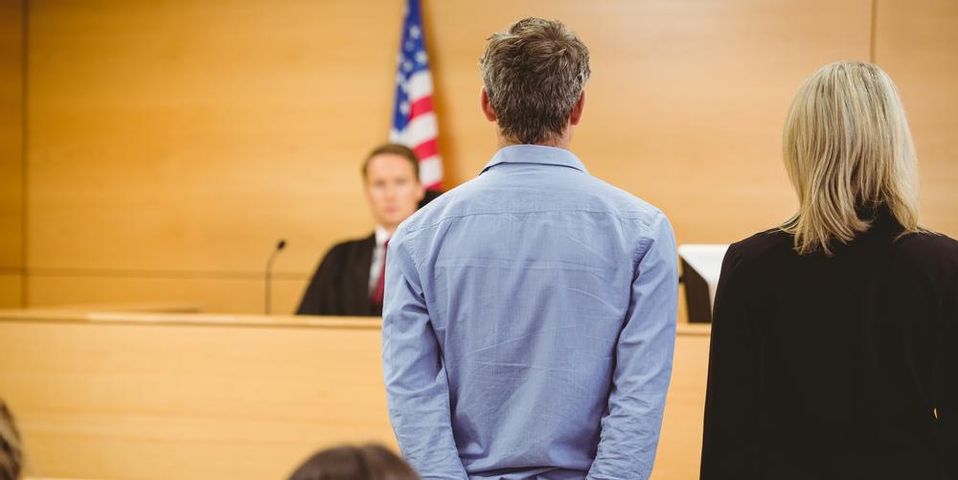What Happens at an Arraignment? Hamilton Criminal Lawyers Explain

After an arrest, the defendant's first court appearance is typically the arraignment, a legal proceeding in which the formal charges are announced and the accused is allowed to enter their plea. Many jurisdictions require an arraignment in any case that may result in jail time, while others only hold arraignments for felony charges. According to the criminal lawyers at Pater, Pater & Halverson Co. in Hamilton, OH, the specific procedures differ from state to state, but the overall purpose is generally the same. Here’s what happens during a typical arraignment.
Advising of Constitutional Rights
In many jurisdictions, the defendant will be advised of their constitutional rights before the arraignment begins. These will typically repeat what you heard when you were read your Miranda rights. Some courts prefer to advise clients as a group before the judge, while in others, the judge will directly advise defendants of their rights against self-incrimination and to a fair trial. In some states, you have a constitutional right to representation at an arraignment, which means the entire procedure must stop if a criminal lawyer is requested.
Advising of the Charges
 At the arraignment, the judge or other court official will read the final charges as filed by the prosecution. If you are already aware of the charges, you may waive your right to be advised of them and move on to entering your plea.
At the arraignment, the judge or other court official will read the final charges as filed by the prosecution. If you are already aware of the charges, you may waive your right to be advised of them and move on to entering your plea.
Entering a Plea
Once the charges have been read, you'll be given the opportunity to enter a plea of guilty, not guilty, or no contest. In general, most criminal lawyers recommend pleading not guilty, which obligates the prosecution to present all the evidence for review. You may change your plea later if you decide fighting the charges is not in your best interest.
Setting the Conditions for Release
In some states, the judge will set bail and other conditions for release at the arraignment. After this procedure, the defendant will either be taken into custody or released until the conclusion of the case.
For over a century, Pater, Pater & Halverson Co.'s criminal lawyers have been standing up for the rights of those charged with a variety of crimes. If you need their help fighting criminal charges, call (513) 867-1411 to schedule a consultation. Visit their website to learn more, and like the law firm on Facebook.
About the Business
Have a question? Ask the experts!
Send your question

